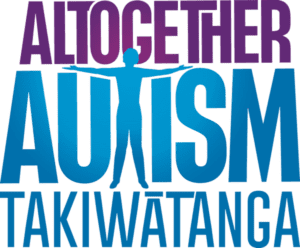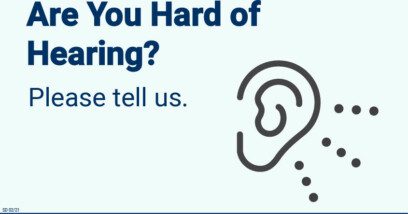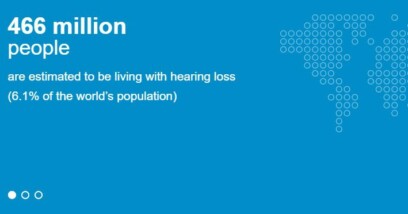
Hearing loss doesn’t automatically mean you need a hearing aid. Your needs will depend on the extent of the loss and how it affects your daily life – this is what a hearing therapist will help work with you on as part of the national free Hearing Therapy Service.
Wellington hearing therapist, Linda Hatten, says it’s important to work with each client on a case-by-case basis to find the best outcome.
“Hearing aids could well be a solution, but there are other things people don’t always think about that can help, like developing good communication strategies and tactics to cope with your listening environment.”
Linda says it’s important to identify the conditions that make hearing a challenge for you. Once you pin down the things that make hearing difficult, you can come up with strategies to manage your hearing loss.
“I’m going to see someone tomorrow who has trouble hearing the television, but they don’t want to turn the volume up too loud. So I’m going to show them a TV listening headset and talk with them about closed captioning.”
There are lots of strategies you can adopt that will improve everyday situations that are challenging for those who have hearing loss.
“Is talking on the telephone a big problem? Some practical strategies to try are using the speaker phone, turning the volume up, or changing the tone. Or will using the other ear be better?”
Many people struggle with background sound, like traffic noise while out and about. But there are lots of things around the house that can make hearing difficult too, like the dishwasher and microwave.
“Be aware of what’s going on around you that’s making hearing difficult, and figure out which things you can control to make conversations easier,” says Linda. “Mute the TV during the ad break, or wait until the jug has finished boiling before having a conversation.”
But one of the most successful strategies is to ask other people to help. Educate others about the best ways to communicate with you. Let them know to make sure they have your attention first before speaking. Face-to-face conversation is also important, especially for those who rely on watching lip movements, and encourage clear, slow speech. If you have trouble understanding what’s being said, ask the speaker to rephrase their words, not just repeat them.
“Don’t take on the entire burden yourself,” says Linda. “Communication is two-way.”
Linda Hatten is a qualified hearing therapist for Life Unlimited Hearing Therapy Services. Life Unlimited are funded by the Ministry of Health to provide free hearing evaluations to New Zealand citizens and permanent residents aged 16 years and over. They can also provide independent information and advice to help you manage your hearing loss and improve your communication skills. They don’t sell hearing aids, but can advise you if they think a hearing aid will be beneficial, and they can refer you to an audiologist or other specialist if required. Call 0800 008 011 to arrange an appointment.





